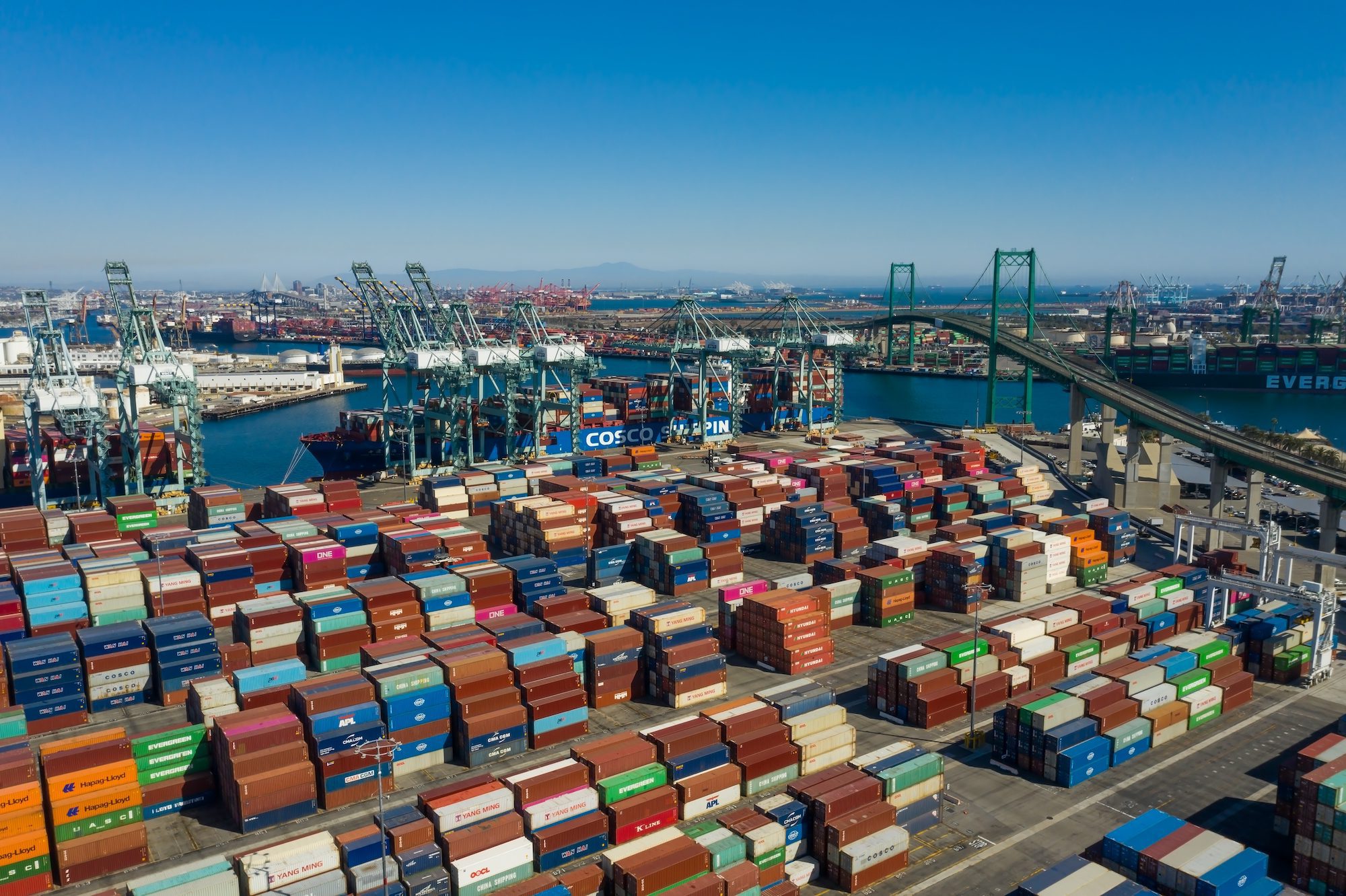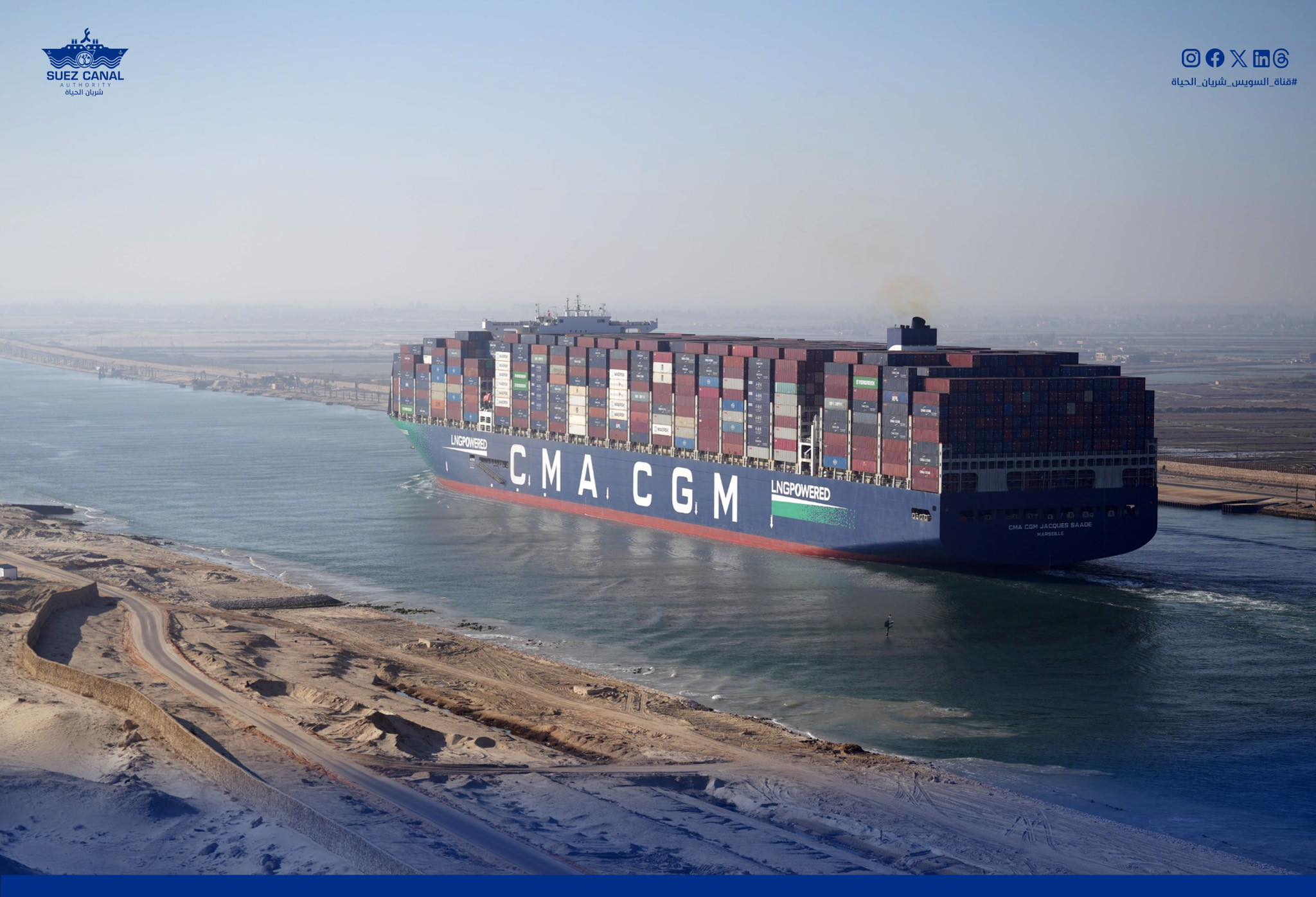LOS ANGELES, April 10 (Reuters) – U.S. container imports rose 11% year over year in March, continuing this year’s outsized monthly gains, but U.S. President Donald Trump’s escalating tariffs are dimming the outlook for later this year, trade executives said.
U.S. seaport imports totaled 2,380,674 20-foot-equivalent units (TEUs) in March, the third-highest level recorded for the month, supply chain technology provider Descartes said on Thursday.
China accounted for nearly one-third of overall import volume in March. That volume rose 9.4% year-on-year, as front-loading by tariff-avoiding importers continued to fuel this year’s near-record monthly import gains.
End of a Growth Era: U.S. Container Imports Set to Plunge as Sweeping Trade Tariffs Take Effect
Still, trade with China – the top U.S. maritime trading partner – is softening. Volume fell 12.6% from February to March, after the Trump administration imposed 10% tariffs on China-made goods in February and an additional 10% tariff in March.
“Global supply chains are facing significant challenges, in particular from the volatility associated with widening U.S. tariffs and retaliatory measures from key trading partners,” Jackson Wood, Descartes’ director of industry strategy, said.
President Trump fueled such concern on Wednesday, ratcheting up duties on the world’s biggest export nation to 125% from 104% in response to China’s push back on tariffs. At the same time, Trump put a 90-day hold on “reciprocal” tariffs on other countries above the blanket rate of 10%.
Moments before those adjustments, the National Retail Federation (NRF) and Hackett Associates forecast containerized import cargo volume would drop at least 20% year-over-year in the second half of 2025. They declined to revise their forecast.
Gene Seroka, executive director of the busiest U.S. seaport and a key China import gateway, joined a chorus of executives warning that the U.S. trade war could choke imports.
“While the Port of Los Angeles has experienced a surge in cargo volume in recent months with importers getting ahead of tariffs, volume could decline 10% or more in the second half of this year compared to 2024,” Seroka said.
U.S. companies, ranging from retailer Walmart WMT.N to automaker Ford F.N, rely on China and other key nations to keep store shelves stocked and factories supplied with parts.
Investors and forecasters consider imports a gauge of U.S. economic health. Some major banks have warned that Trump’s far-reaching trade war raises the risk of a U.S. recession. That’s because tariffs can stoke inflation, which can depress consumer and corporate spending that underpins growth.
“A continued trade war will impact the global economy,” Port of Long Beach CEO Mario Cordero said.
(Reporting by Lisa Baertlein in Los Angeles; Editing by Sonali Paul)
(c) Copyright Thomson Reuters 2025.

 Join The Club
Join The Club












